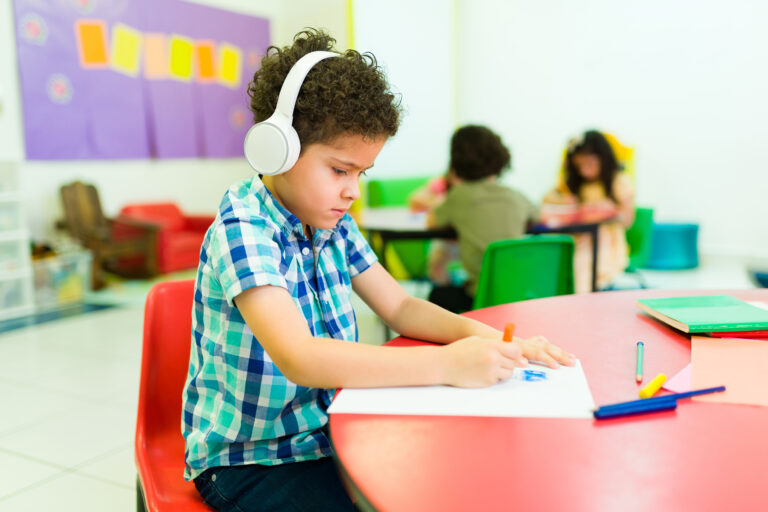How adults can help youth engage in helpful and appropriate social media use
Social media is not inherently helpful to young people. The impact of social media and what youth see and do online depends on several variables. An adolescent’s personality, psychological characteristics, social circumstances, context in which they have grown up, strengths, and vulnerabilities are all characteristics that determine social media’s effect on youth. Adolescent development is…







